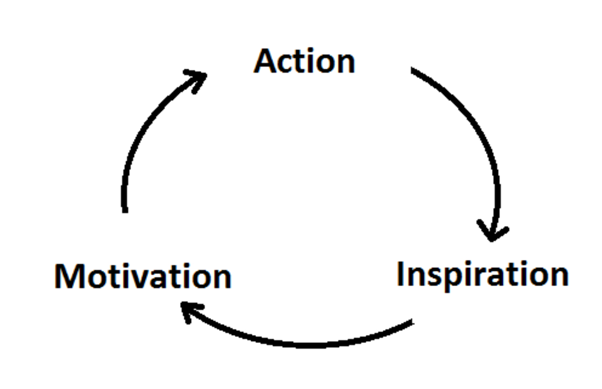Dopamine Detox
How to conquer dopaminergic desires through a detox.
Do I need a Dopamine Detox?
A dopamine detox is most useful when you are struggling to say no to dopaminergic desires. An example of this could be you have an essay to complete but instead watch Netflix or play video games. You know what you should be doing but are giving in to the craving of dopamine, through these activities.
How to Detox
The way your dopamine system is currently working it is almost certain you will experience bordem. Things that should be feeling pleasurable, as they are good for you in the long term, you find boring. The biggest challenge during the detox will be bordem.
To give our brain time to downregulate our dopamine receptors, this requires at least a 2-week minimum.
During the 2 weeks, we must minimise our dopaminergic activities. This doesn’t mean you can’t have fun but minimise the compulsive behaviour that is seemingly an addiction. These are the activities you pick over something good for you because you struggle to fight the dopaminergic urge. You could uninstall apps on your phone that you spend hours scrolling through.
Time-limited pleasurable activities are okay such as watching a single movie. However, you must avoid the activities that your mind craves and binges such as Netflix or video games.
As bordem will be your biggest challenge it may be a good idea to plan out your day. Things such as reading books or even listening to audiobooks is a good idea. Productive activities are also good such as cleaning/tidying, going for a walk, learning new skills. You could even plan out your meals making sure you have the ingredients before you start the detox. The more that you pack your day with these activities that aren’t dopaminergic the less likely you are to relapse. Even social activities are okay as long as it doesn’t include the things you are “addicted” to.
Summary
To summarise the more accessible a dopaminergic activity, the more likely a relapse. Relapses are impulsive and not planned out. Make these dopaminergic activities less accessible. You could learn a skill in these 2 weeks maybe set a goal for the 2 weeks based on the skill. For example, this could be a language and your goal could be to know 100 words of “Spanish” by the end of the two weeks. Keep busy and engage in productive or creative activities.









